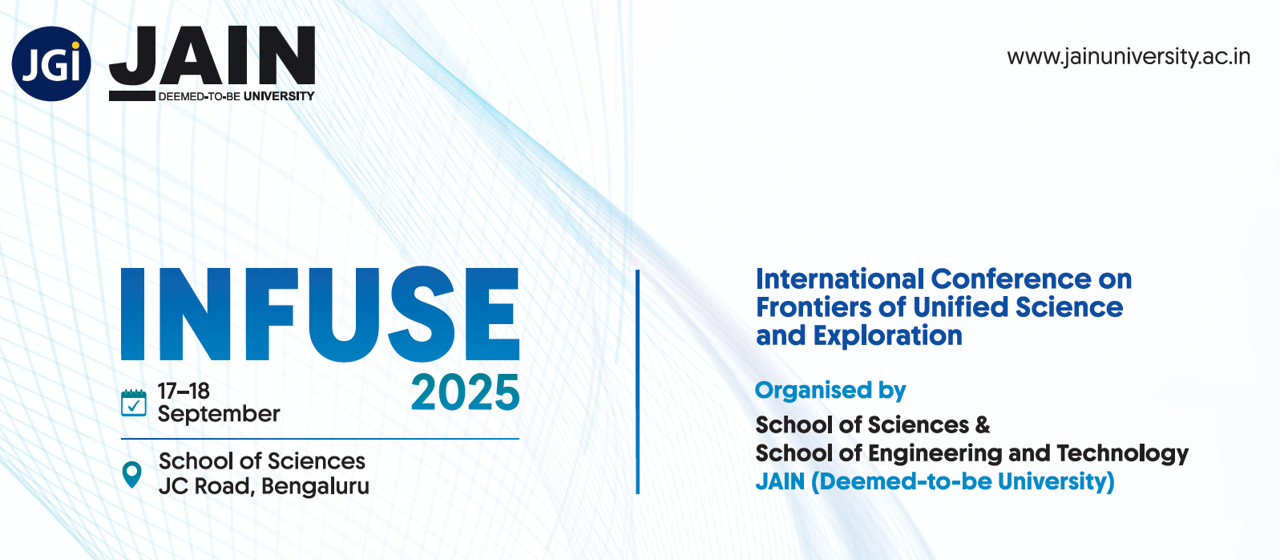Speaker
Description
Abstract
Millet husk, an abundantly available agro-waste, serves as a renewable source for bio-silica synthesis, supporting sustainable soil management. This study synthesized bio-silica from millet husk using acid leaching and calcination methods. The presence and purity of bio-silica were confirmed through SEM, EDAX, XRD, and FTIR analyses, which revealed its amorphous nature and silica-rich composition. When applied to soil, bio-silica improves porosity, enhances nutrient uptake, and strengthens plant tolerance to abiotic stress, thereby reducing dependency on chemical fertilizers. Its role as a biofertilizer offers an eco-friendly approach that promotes circular economy principles by converting agro-residues into value-added products. Furthermore, millet husk bio-silica demonstrates multifunctional potential in agriculture, water purification, and nanotechnology. By valorizing waste and improving soil health, this work aligns with the Sustainable Development Goals, particularly those addressing food security, climate resilience, and responsible resource use.
Keywords: Bio-silica, Millet husk, Acid leaching, Calcination, Sustainable agriculture

